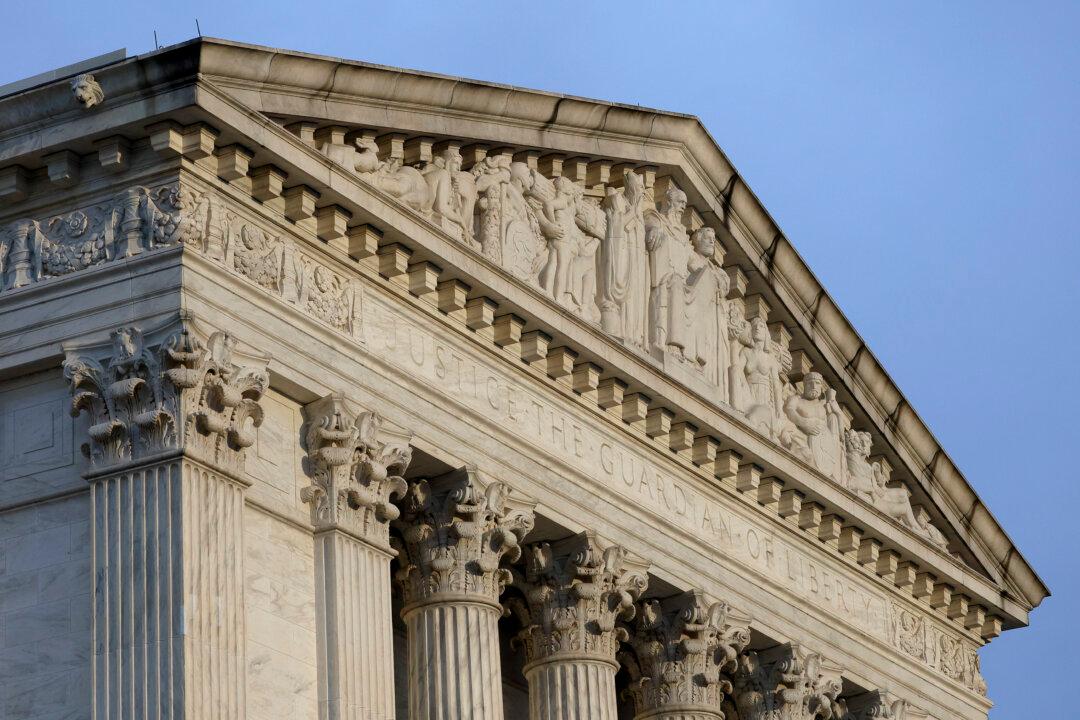The Supreme Court ruled 5–4 on April 30 that federal employees who also serve as military reservists have to receive pay equivalent to their civilian salaries when they serve on active duty during national emergencies.
The ruling, which may affect tens of thousands of government employees, rejected the federal government’s argument that reservists should receive higher pay only when their duties bear a substantial connection to a specific emergency.





